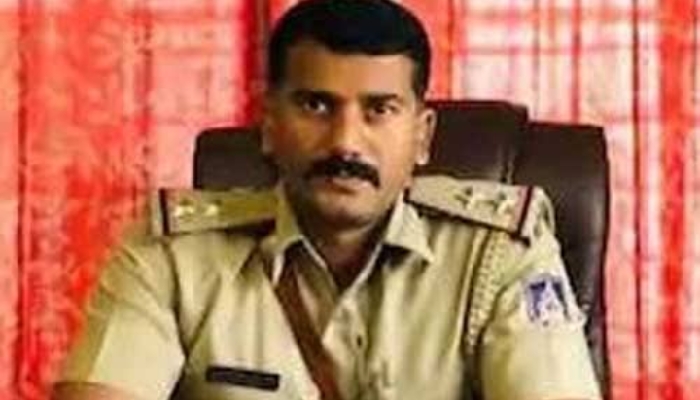Mangaluru/Udupi, Jul 25: Karnataka’s twin coastal districts of Dakshina Kannada and Udupi recorded 400 new covid-19 cases and nine fatalities in past 24 hours. While DK’s death toll mounted to 115, Udupi’s toll mounted to 15.
Dakshina Kannada
Dakshina Kannada alone recorded 218 new covid cases and eight deaths. The total number of positive cases mounted to 4,612. Out of these, 2,370 cases are currently active. As many as 2,127 persons have recovered and been discharged.
Of the 218 who tested positive on Saturday, 46 are primary contacts, 87 have ILI symptoms, 15 have SARI symptoms, and contacts of 70 are being traced.
Among the eight deaths that occurred on Saturday, the first is of a 44-year-old man from Mangaluru. He was admitted to private hospital on July 23, and breathed his last on same day. He was suffering from sepsis with septic shock and viral infection.
The second is 78-year-old man from Bhatkal. He was admitted to a private hospital on July 18, and passed away July 23. He suffered from refractory hypoxemia, refractory ARDS and secondary bacterial infection.
The third is an 88-year-old man from Mangaluru. He was admitted to a private hospital on July 10, and passed away on July 23. He suffered from hypoxemia, refractory ARDS and renal failure.
The fourth is a 68-year-old man from Bantwal. He was admitted to a private hospital on June 7, and passed away on July 23. He suffered from septic shock.
The fifth is a 68-year-old man from Mangaluru. He was admitted to a private hospital on July 17, and passed away on July 23. He was suffering from ARDS and Acute coronary event.
The sixth is a 75-year-old man from Mangaluru. She was admitted to private hospital on July 14 and passed away on July 24. He was suffering from refractory hypoxemia, refractory ARDS and respiratory distress.
The seventh is a 76-year-old female from Mangaluru. She was admitted to private hospital on July 21 and passed away on July 24. She was suffering from refractory hypoxemia, refractory ARDS, viral pneumonia, T2 DM and hypertension.
The eighth is a 53-year-old female. She was admitted to private hospital on July 24 and passed away on July 24. She was suffering from sepsis with multi-organ dysfunction, cardiogenic shock, hypertension, type 2 diabetes mellitus, peripheral vascular disease and diabetic foot on right side LRTI.
Udupi
Udupi recorded 182 new covid cases in past 24 hours and the total reached 3,218. As many as 2,008 patients have been discharged so far including 79 on Saturday, and 1,199 cases are currently active.
Among the new cases, 96 are in Udupi, 37 in Kundapur, and 49 in Karkala. They include 109 men and 68 women, and two boys and three girls. As many as 539 are under home isolation.
As many as 15 covid related deaths have occurred in the district so far including the one on Saturday.
45-year-old man from Kollur was admitted to KMC Hospital, Manipal, as he was suffering from lung cancer. He was tested positive for coronavirus and then shifted to covid-19 hospital, where he breathed his last.






Comments
Hi,
The rise of Hindu Terrorism in India .Following the footstep of Pakistan .The day will come when everyday there will be a bomb blast by these groups RSS,Bajrang dal etc.So its the time to stop them or else india will be same as pakistan.
Add new comment